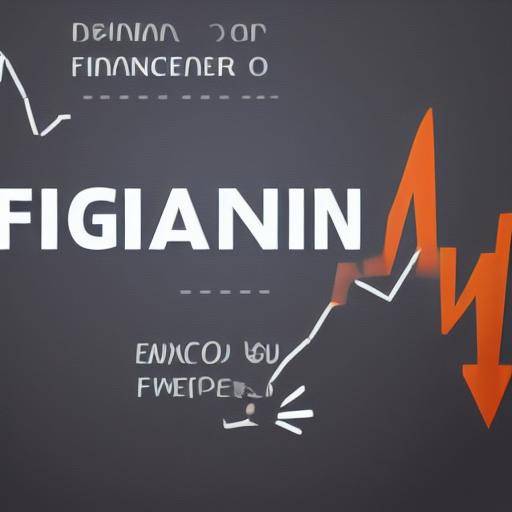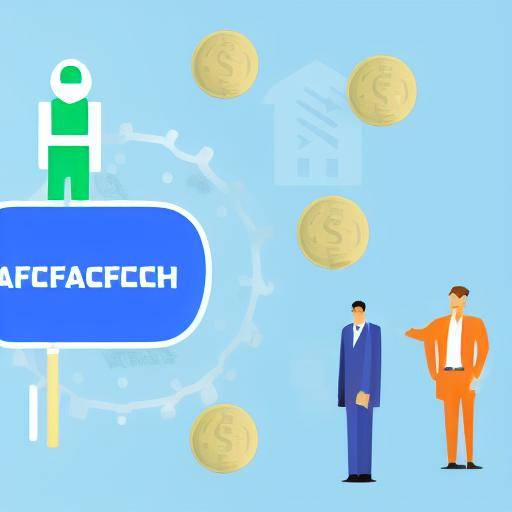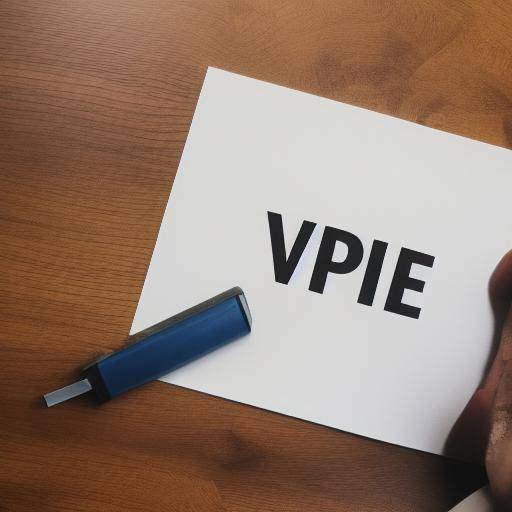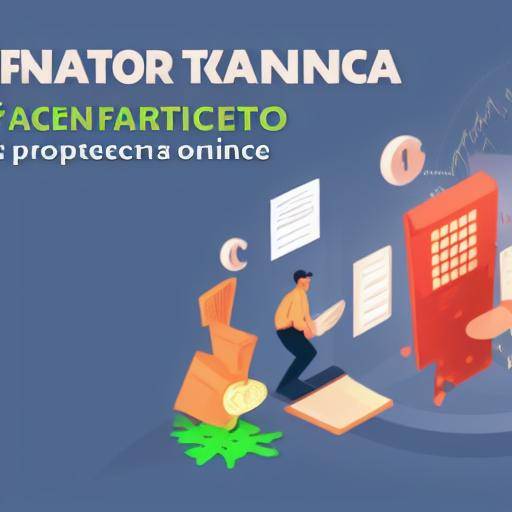
Unforeseen is an inevitable part of life. From a car breakdown to an unexpected illness, life sometimes surprises us with unexpected expenses. That is why having an emergency fund is critical to ensuring financial stability and security. In this article, we will explore in depth the importance of maintaining financial support, providing security and control, and offer practical advice to establish and maintain such a fund.
The Importance of Financial Backup
The financial backing, also known as the emergency fund, is an economic mattress that provides tranquility in the face of unexpected situations. This support provides vital protection to cover unforeseen expenses, such as medical bills, home repairs or sudden loss of employment.
Counting on an emergency fund allows people to avoid resorting to expensive loans, credit card debts or financial hardships that could affect their long-term well-being. In addition, this support provides the peace and security necessary to face emergency situations without compromising financial stability.
Security and Control: Emergency Fund Pillars
Financial security
Financial backing gives a sense of security that comes from knowing that there is an economic mattress to face unforeseen. This security provides mental peace and reduces stress associated with difficult financial situations, which in turn contributes to the emotional and physical well-being of people.
Financial control
Maintaining an emergency fund provides greater control over the personal financial situation. By having a financial mattress, people can make more informed decisions and anticipate possible economic difficulties. In addition, this control facilitates long-term planning, as it provides the confidence to address financial targets without fear of contingency.
Future Tips for Establishing an Emergency Fund
The creation and maintenance of an emergency fund are fundamental steps to achieve long-term financial stability. Here are some practical tips for establishing and maintaining an effective emergency fund:
- Establish a monthly savings target: To allocate a percentage of monthly income to the emergency fund.
- Automation of deposits: Setting automatic transfers to the savings account for the emergency fund.
- Prioritize the emergency fund: Consider the emergency fund as a primary financial obligation, as important as the payment of invoices.
- Avoid touching the emergency fund for non-emergency costs: Keep discipline to use this support exclusively against financial emergencies.
Conclusion
Maintaining an emergency fund is a fundamental pillar for ensuring long-term financial and emotional stability. The security and control provided by this support offer invaluable protection against unforeseen situations. By following practical advice and prioritizing this fund, you can build a path to economic tranquility and confidence in moments of uncertainty.
Frequently asked questions
How much should I have saved in an emergency fund?
It is advisable to save at least three to six months of basic expenses in an emergency fund. However, the exact amount can vary according to the personal situation, lifestyle and job stability.
What is the best way to keep my emergency fund accessible but secure?
An easily accessible savings account with a reasonable interest rate is the best option for an emergency fund. This allows you to quickly access money in situations of need, while you get some performance.
Should I consider other types of insurance besides my emergency fund?
Yes, it is important to consider health insurance, life insurance, home insurance, and other relevant insurance to cover different types of emergencies. The emergency fund complements these insurance by providing an additional layer of financial protection.
What if my emergency fund is insufficient to cover unexpected spending?
If an unforeseen expenditure exceeds the amount available in the emergency fund, it is important to evaluate other options such as low-interest loans or flexible payment negotiations. However, the main objective is to maintain the emergency fund as the first line of defence against unforeseen.
What are the measures to replenish the emergency fund after using it?
After using the emergency fund, it is crucial to prioritize its replenishment. Adjusting the budget to allocate an additional percentage of income to the fund, reducing non-essential costs and considering additional income are effective strategies for gradually replenishing it.
Is the emergency fund equal to a retirement fund?
No, the emergency fund is intended to cover unexpected short-term expenses, while the retirement fund is designed to ensure long-term financial well-being. Both are fundamental, but they have different purposes and deadlines.
Is it advisable to invest my emergency fund in the stock market or other investments?
No, the emergency fund should be kept in savings accounts or financial instruments with high liquidity and low risk. The main objective is to ensure the immediate availability of money in case of emergencies.
What is the emotional impact of having an emergency fund?
The tranquility and confidence that provides an emergency fund has a significant emotional impact. Reducing anxiety and stress related to financial uncertainty allows people to focus on building a more stable financial future.
In short, maintaining an emergency fund is essential to ensuring financial and emotional stability. Financial backing provides security and control, fundamental aspects to face unforeseen moments with confidence and tranquility. By following practical advice and prioritizing this fund, you can build a path to economic tranquility and confidence in moments of uncertainty.






















































